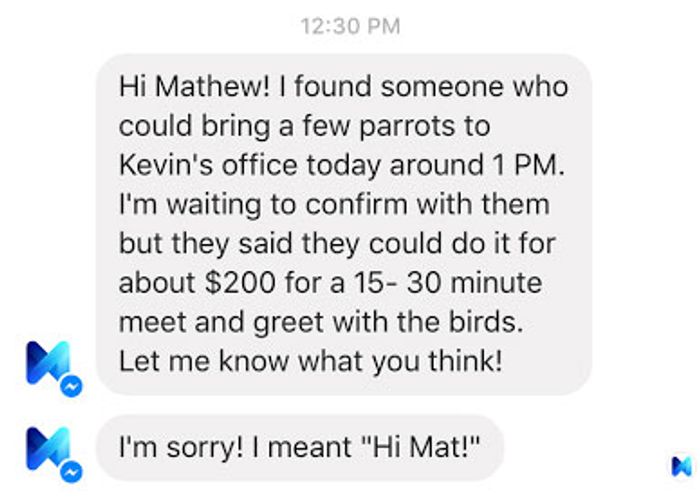
Decided to publish this message I just sent to a friend in Atlanta who emailed asking about how to find out when and where the protests are happening.
Thanks for the link, I’ll give that a read. It’s interesting how these dynamics of oppression seem to fit so neatly into historical precedent. How is it that us Americans think of ourselves as somehow immune to all of this?
We were out at JFK yesterday and it was a really great experience. Loud and angry, with overwhelming turnout. But honestly the smaller protests in lower-profile places in the world continue to be the ones that give me the most inspiration. It takes a lot more guts to show up for a tiny demonstration where you’re easily picked out of a crowd, or where small town dynamics make anonymous protest impossible.
BTW, I saw that Rep. John Lewis was out at ATL, just hanging out in the terminal until he got some answers. So awesome.
I feel like getting information about a protest is an ongoing challenge, especially at events that aren’t officially permitted by local government. There’s a kind of fine line to walk—organizers want to get the word out, for news of an event to spread. But if it’s technically an illegal gathering, it may be difficult to find “official” or consistent sources of good info. And this is where social media is helpful.
It’s a good time to get into Twitter I think, but the trick is in knowing who to follow and how to avoid feeling overwhelmed. My advice would be to find out people you know who went to protests in Atlanta, and just ask them to ping you next time they hear about something. For my part, I first heard about the JFK demonstration via Facebook Messenger (which I hate, but shit like this keeps me on it) from a friend who lives in LA, and then a couple hours later I got a mass email from an immigrant rights org. So maybe sign up for some email lists for local advocacy groups.
Anyway, good to know you’re thinking about this stuff! I am hopeful that we’ll continue to exercise our right to free assembly before things get even worse and it becomes too dangerous to protest (from police violence or stiffer court penalties). So in the interim, let’s go and put our various privileges to productive use while we can.
Solidarity from NYC,
Dan
Addendum
Good point from Paul, basically Facebook is still where things are happening.
Also, if you want to get out and protest today in New York City, go to Battery Park at 2pm.
